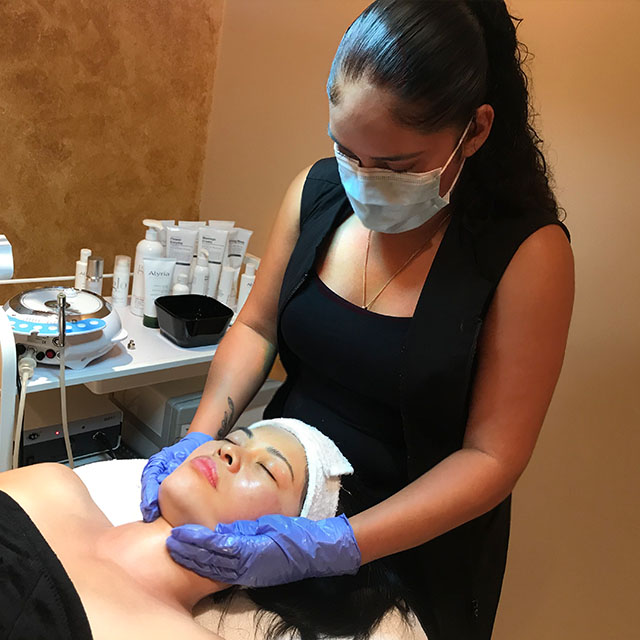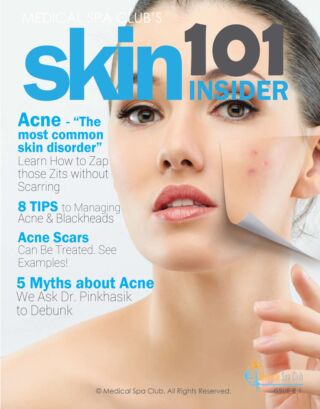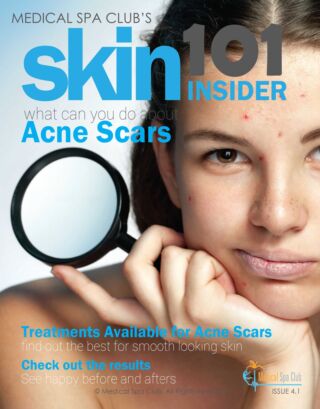Acne and Acne Scars
Acne is a skin condition that occurs when your hair follicles become plugged with oil and dead skin cells, which then causes whiteheads, blackheads, pimples, bumps and cysts. Acne is primarily a hormonal condition which typically become active during the teenage years. Sensitivity to such hormones, combined with bacteria on the skin, and fatty acids within oil glands, cause acne. Common areas for acne to develop are: face, chest, shoulders, neck, and back.
Studies show that over 40% of adults have persisting acne, which can be painful and damaging to your skin. Acne can be irritating and stressful with recurrent outbreaks of redness, blackheads, and pimples that can lead to permanent scarring and post-inflammatory hyperpigmentation.
Acne may be mild (few, occasional pimples), moderate (inflammatory papules), or severe (nodules and cysts). Treatment depends on the severity of the condition.
Acne Scarring & Post-inflammatory Hyperpigmentation
Acne scarring and post-inflammatory hyperpigmentation can both occur after a breakout.
Atrophic acne scars result from a net loss of collagen, possibly caused by inflammatory processes leading to degradation of the collagen fibers and subcutaneous fat beneath the skin. They appear flat or sunken, and sometimes look like a hole in the skin, making the affected skin look textured. With atrophic scars, the icepick type represents 60%–70% of total scars, followed by boxcar (20%–30%), and rolling scars (15%–25%).
Post-inflammatory hyperpigmentation is those dark marks or spots left behind after an acne heals. It is a form of skin pigmentation (or discoloration) which occurs as a result of trauma to the skin. Darker skin tones are more prone to hyperpigmentation because of the higher levels on melanin in the skin.
Get Acne Under Control
If medications do not provide you with sufficient relief, there are a multitude of new treatments to help combat your acne.
It’s important to keep in mind that no over-the-counter topical solutions can raise atrophic acne scars once they have sunk. While atrophic acne scarring may seem like a permanent problem, advances in technology and science have lead to the development of treatment options that can reduce or even eliminate their appearance. Acne scarring can be addressed by using a combination of techniques & injections to smooth-out and reduce the appearance of acne scars.
At Medical Spa Club in Richmond, B.C., we offer effective acne therapy to help you fight acne and acne scars. Visit our Acne Clinic for more details on the variety of acne treatment solutions.






